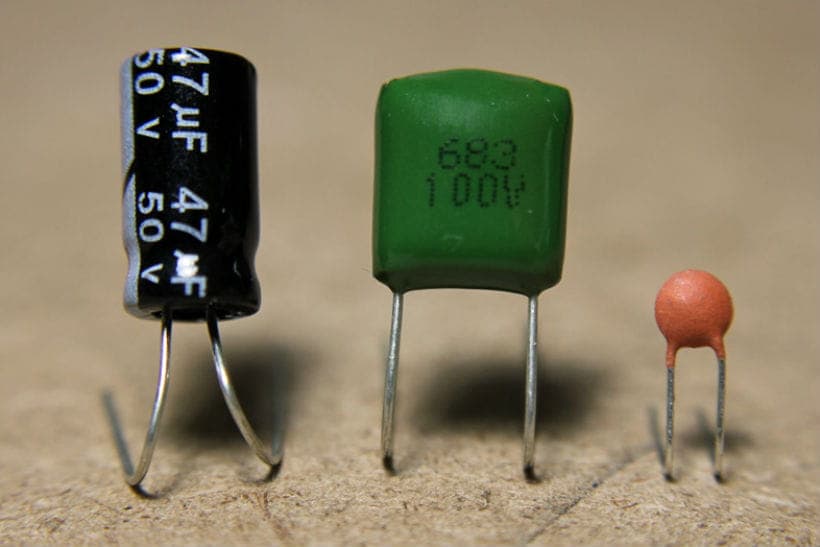Capacitors, the unsung heroes of the electronic world, play a crucial role in various industries. These versatile components store and release electrical energy, making them indispensable in numerous applications. In this article, we will delve into the four key applications of capacitors, highlighting their significance and impact in different fields.
- Power Electronics:
Capacitors are extensively used in power electronics, where they facilitate the conversion, control, and conditioning of electrical power. They act as energy reservoirs, smoothing out voltage fluctuations and ensuring a stable power supply. In applications such as inverters, motor drives, and power factor correction, capacitors enhance efficiency, reduce power losses, and improve overall system performance. - Signal Processing:
Capacitors find wide application in signal processing circuits, where they enable the manipulation and conditioning of electrical signals. In audio systems, capacitors act as coupling and decoupling elements, allowing the passage of desired frequencies while blocking unwanted ones. They also serve as timing components in oscillators and filters, contributing to the accurate transmission and processing of signals in communication systems. - Energy Storage:
The ability of capacitors to store and release electrical energy quickly makes them ideal for energy storage applications. In electric vehicles, capacitors work alongside batteries to provide high-power bursts during acceleration and regenerative braking. Additionally, in renewable energy systems, capacitors help smooth out fluctuations in power generation, ensuring a steady supply of electricity to the grid. - Electronic Filtering:
Capacitors play a crucial role in electronic filtering, where they selectively allow certain frequencies to pass while attenuating others. In radio frequency (RF) circuits, capacitors act as coupling and bypass capacitors, separating AC and DC signals and preventing interference. They are also used in active and passive filters to shape the frequency response of audio and video signals, enabling clearer and more accurate transmission.
Conclusion:
From power electronics to signal processing, energy storage to electronic filtering, capacitors find their applications in diverse industries. Their ability to store and release electrical energy, coupled with their versatility, makes them indispensable components in modern technology. Understanding the four dynamic applications of capacitors allows us to appreciate their significance and harness their potential for innovation and advancement in various fields.

